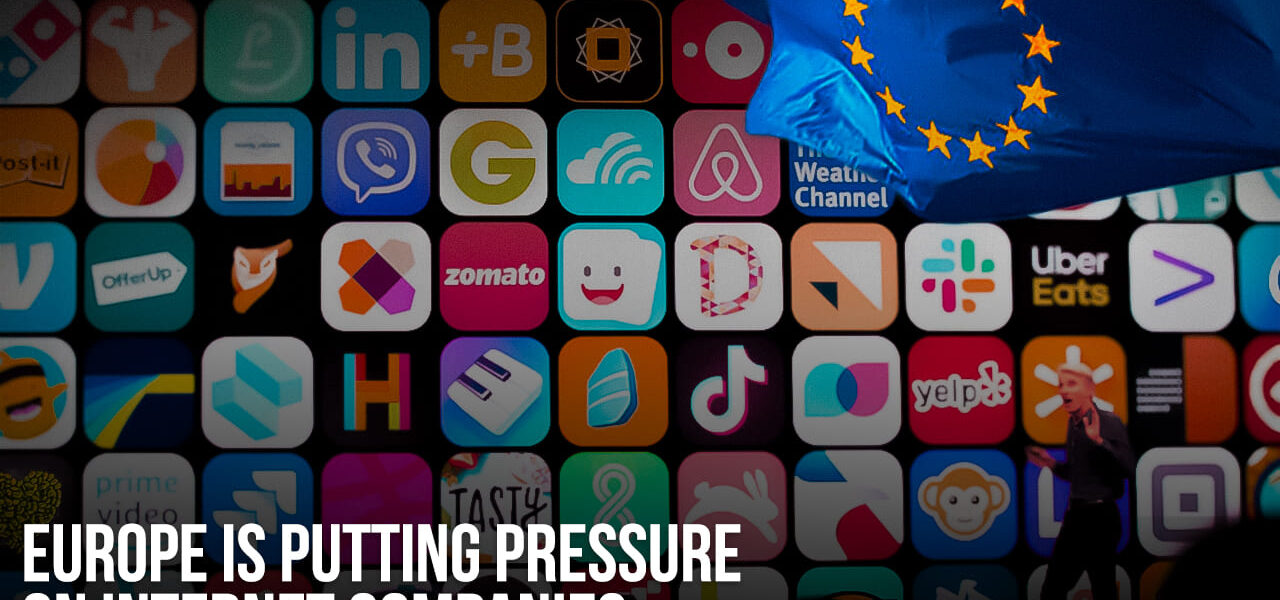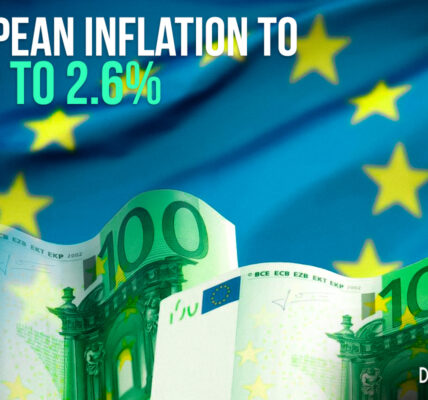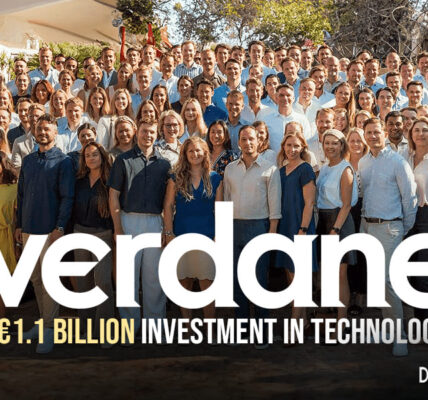European consumers will soon experience changes in their digital landscape as new regulations come into effect this week. These changes, mandated by the Digital Markets Act (DMA) of the European Union, aim to address concerns regarding the dominance of certain tech companies dubbed “gatekeepers.” These companies include Amazon, Apple, Google (Alphabet), Meta, Microsoft, and ByteDance (owner of TikTok).
The DMA represents Europe’s latest effort to regulate large tech firms, building on previous initiatives aimed at fostering fairer and more competitive digital markets. These regulations, which come amidst a global trend of increased scrutiny of the tech industry, encompass various aspects such as default browser and search engine options, app downloading procedures, and personal data usage.
Affected services include popular offerings like Google Maps, YouTube, Chrome browser, and Android OS, as well as Amazon’s Marketplace, Apple’s Safari Browser and iOS, Meta’s Facebook, Instagram, and WhatsApp, and Microsoft’s Windows and LinkedIn.
Tech giants facing these regulations risk significant fines for repeated violations, potentially amounting to billions of dollars, or even the possibility of business restructuring for persistent breaches.
The DMA signifies a significant milestone for the EU, known for its proactive stance in regulating the tech sector. Other regions, including Japan, Britain, Mexico, South Korea, Australia, Brazil, and India, are taking cues from the DMA in drafting their own regulatory frameworks to prevent tech monopolies.
Apple, in a notable departure from its previous policies, has agreed to allow European iPhone users to download apps from sources other than its App Store. However, it will impose a nominal fee for each app installed through third-party stores, raising concerns among developers about the viability of alternative platforms.
Critics argue that these fees contradict the DMA’s objective of promoting competition in the digital market.
The EU will closely monitor compliance with the new regulations, with EU competition chief Margrethe Vestager emphasizing the need to prevent companies from circumventing the rules through creative means.
Consumers will have more choices regarding key services, such as selecting default search engines and browsers and opting out of targeted advertising. However, concerns remain about the visibility of alternative options and whether users will be adequately informed to make informed decisions.
Furthermore, the DMA mandates interoperability among messaging systems, prompting Meta to develop a proposal for enabling communication between Facebook Messenger and WhatsApp users while preserving data privacy.




